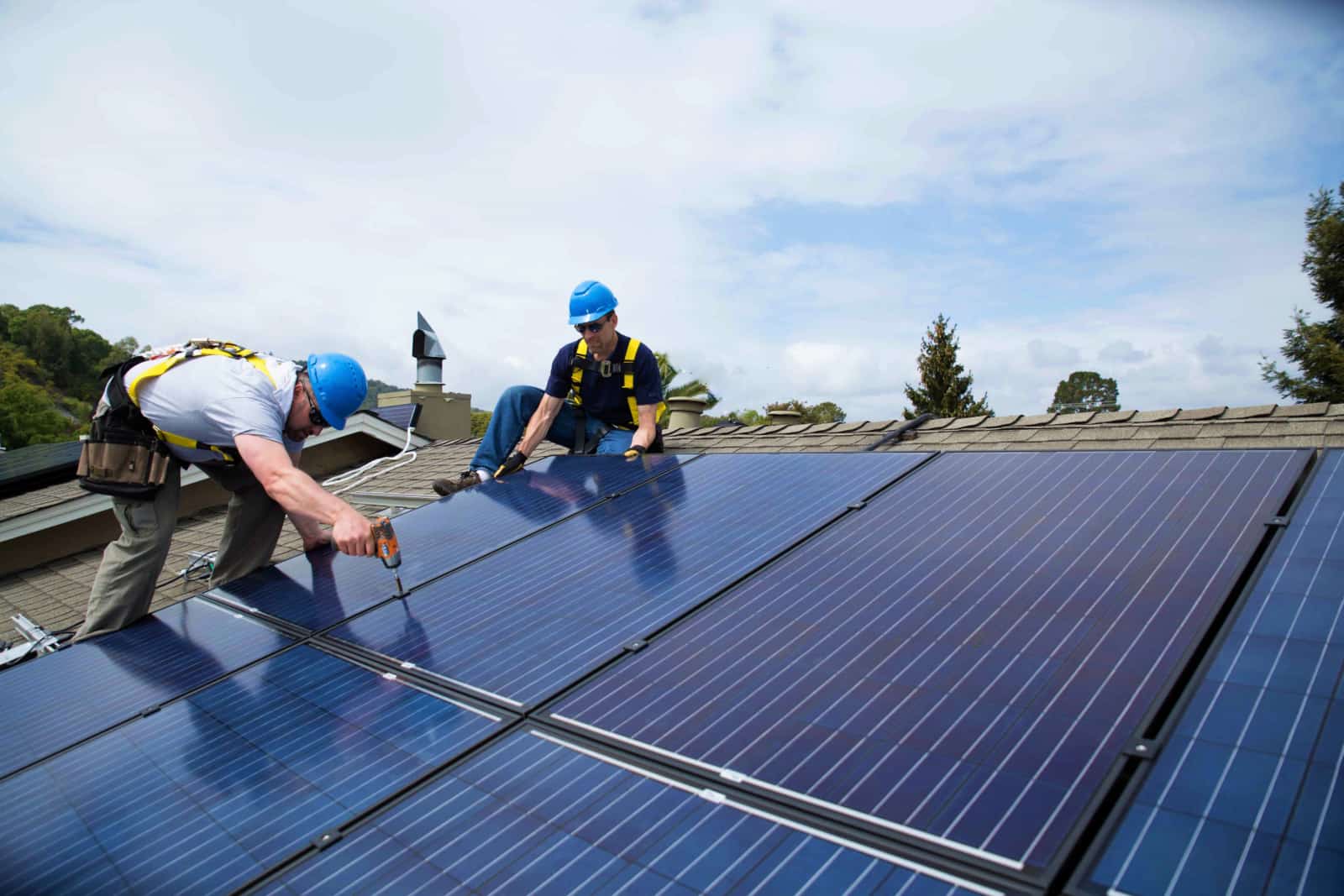
March 2, 2017
Sponsored by Sean Gallagher
Sponsor of Harmful Solar Bill in Kentucky Pulls the Plug

A proposed bill in the Kentucky legislature that would severely harm the state’s rooftop solar market has been put on hold”¦by the lead sponsor of the bill.
Senate Bill 214, introduced last week, would undermine the state’s net metering policy and allow utilities to submit their own rate cases to the Public Service Commission, making rates uncertain and varied for solar users. It also would impose fees that punish Kentuckians who choose to go solar and codify Kentucky’s ban on third party ownership, community-owned solar and virtual net metering. All of these empower homeowners to make their own energy choices and save money on their electric bill, but would have been eliminated in SB 214.
Kentucky Sen. Jared Carpenter, introduced the bill and then shut it down, in part because of substantial pushback from in-state solar advocates and support from SEIA. SEIA sent this letter to the Republican senator and his colleagues urging them to withdraw the bill and allow a small but growing solar market to get off the ground.
Kentucky is home to more than 40 solar businesses that support roughly 1,000 jobs, many of which are in manufacturing and installation and would disappear if SB 214 is passed. These are tactics being used by monopoly utilities across the country to stop the growth of solar, discourage innovation and keep the fossil fuel status quo.
Policy makers in states such as Indiana and Missouri have been moving in troubling directions recently that would shut down nascent solar markets and remove electricity choice for their residents. By doing so, they are forgoing the jobs, economic growth and clean energy options that come with many burgeoning solar markets around the country.
SEIA understands that Kentuckians want to have a choice to go solar, and for the thousands of potential customers that would not have been grandfathered in to the current net metering rate, solar would no longer be an option for them.
With the bill most likely dead for this legislative session, Kentucky’s solar stakeholders can rest easy for now, but must know that the fight for energy choice and innovation will only continue. Consider this a small win in the larger fight to bolster a new clean energy economy.

